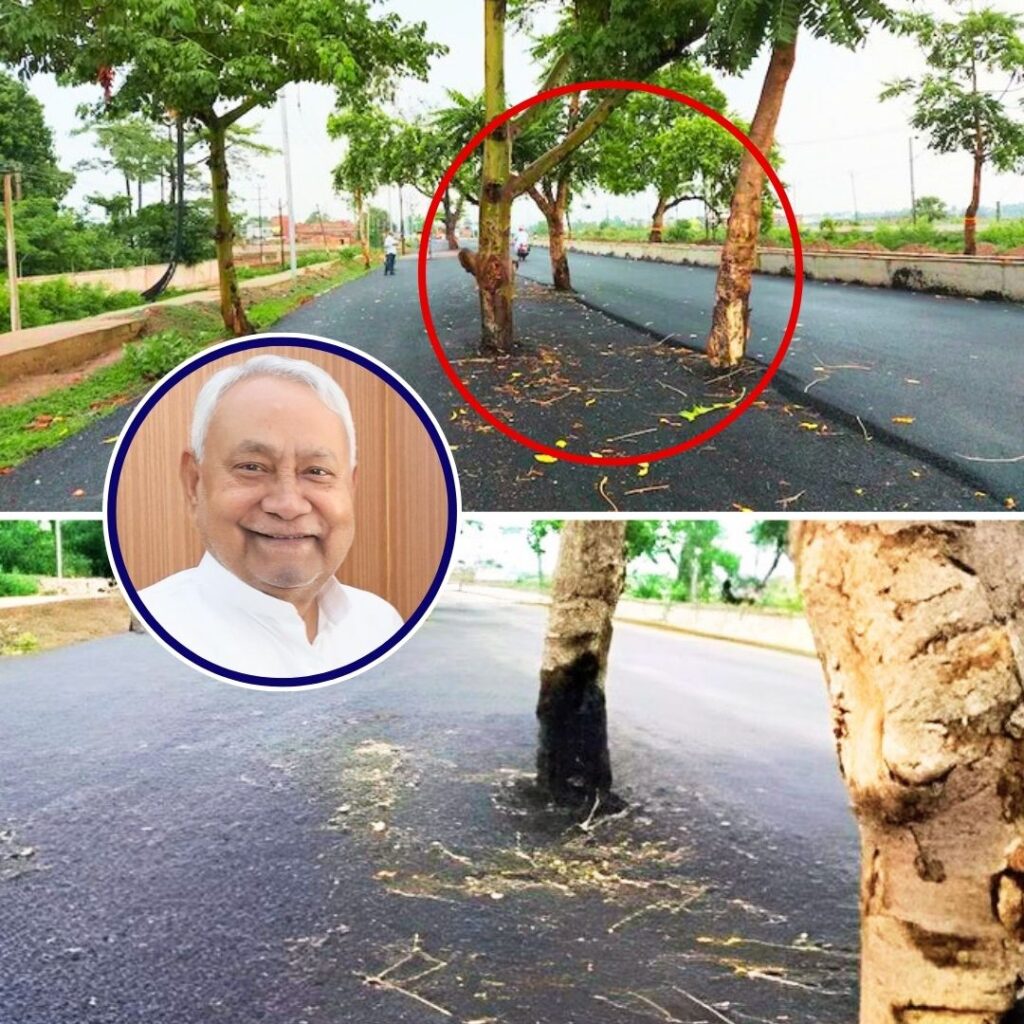The Centre has allocated ₹50 crore in this year’s budget to support the appointment of Hindi teachers in non-Hindi speaking states, under the three-language formula in schools.
Under the new scheme, the government will also provide financial assistance for the appointment of Urdu teachers in localities where more than 25% of the population is Urdu-speaking. Financial assistance will also be provided for teaching a third language in those schools in the Hindi speaking states that demand them.
The government has slashed the budget of previously running schemes, one intended to strengthen teacher training scheme, which had received an allocation of ₹488 crore last year, has been completely dropped this year. Another scheme for promoting girls education and their enrolment in secondary education saw a budget decline from almost ₹256 crore last year, to estimated ₹100 crore this year.
The budget allocation for Mid-day Meals Scheme and Samagra Shiksha, the flagship scheme for school education, saw an overall rise of 12%.
Three-Language Formula
The three-language formula was formulated in 1968 by the then Ministry of Education, after great opposition from non-Hindi speaking states, especially Tamil Nadu.
The language war came into spotlight once again in May when the National Education Policy was released.
The government tweaked the proposed scheme.
The original National Education Policy read, “In keeping with the principle of flexibility, students who wish to change one of the three languages they are studying may do so in Grade 6, so long as the study of three languages by students in Hindi-speaking states would continue to include Hindi and English and one of the modern Indian languages from other parts of India, while the study of languages by students in the non-Hindi speaking states would include the regional language, Hindi and English.”
However, after opposition, it was changed to, “In keeping with the principle of flexibility, students who wish to change one or more of the three languages they are studying may do so in Grade 6 or Grade 7, so long as they are able to still demonstrate proficiency in three languages (one language at the literature level) in their modular Board Examinations sometime during secondary school.”
This funds allocation seems to enable the implementation of the original formula of the National Education Policy, by funding and supporting the appointment of Hindi teachers.
Also Read: Budget 2019 Thrusts On Releasing India’s Entrepreneurial Spirit











